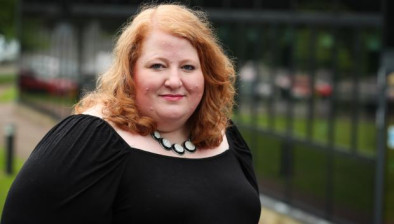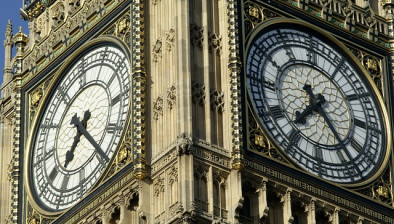UN human rights chief urges UK rethink on Troubles plan

Volker Türk
The UK government has been urged to rethink its controversial Northern Ireland legacy proposals by the UN’s top human rights official.
Volker Türk, the UN high commissioner for human rights, said the Northern Ireland Troubles (Legacy and Reconciliation) Bill as currently drafted “appears to be incompatible with the UK’s international human rights obligations”.
The bill proposes to create a new independent body called the Independent Commission for Reconciliation and Information Recovery (ICRIR) and offer immunity from prosecution for individuals who co-operate with it.
Mr Türk has joined the Law Society of Northern Ireland as well as Northern Ireland political parties, the Irish government and human rights organisations in criticising the bill for providing immunity to those accused of having committed serious human rights violations and other international crimes.
“Introducing conditional immunity in this manner would likely be at variance with the UK’s obligations under international human rights law to investigate and, where appropriate, prosecute and punish those found responsible for serious human rights violations,” he said.
He also raised concerns about whether the proposed ICRIR would be able to work independently and undertake human rights-compliant reviews and investigations.
“Concerns remain that the Bill would obstruct the rights of victims, survivors and their families to effective judicial remedy and reparations, including by prohibiting most criminal prosecutions and civil actions for Troubles-related offences,” Mr Türk said.
He added: “Respect for rights of victims, survivors, and their families to truth, justice, reparation and guarantees of non-recurrence is essential for reconciliation. Their rights must be placed at the heart of all attempts to address the legacy of the Troubles.
“I urge the UK to reconsider its approach and engage in further meaningful and inclusive consultations on how best to advance a human rights-centred way to address the legacy of the Troubles.”
Amnesty International, which has also criticised the bill, welcomed the UN intervention.
“This is a significant, timely and welcome call from the UN Human Rights chief which the UK government must not ignore,” Grainne Teggart, Amnesty’s deputy director for Northern Ireland, said.
“The government must recognise and understand the scale of international concern about this bill, which betrays victims of the Troubles and also diminishes any claims by the government that they stand for human rights.
“In light of this latest intervention, we call again for the UK government to pause the legislative process, drop the bill and meaningfully commit to a way forward which puts victims at its centre.”
The bill is set for further review at the House of Lords committee stage on 24 and 31 January.










